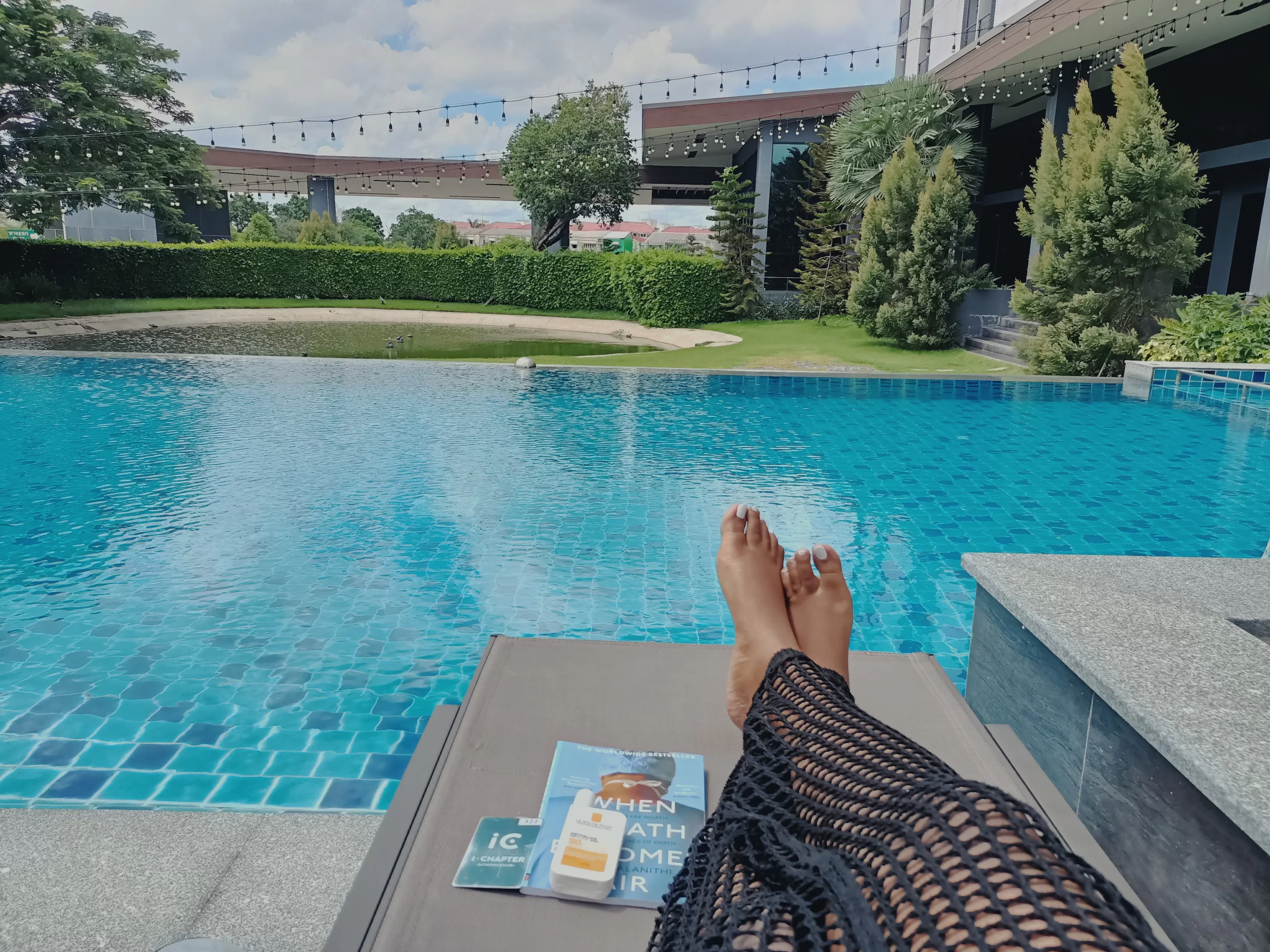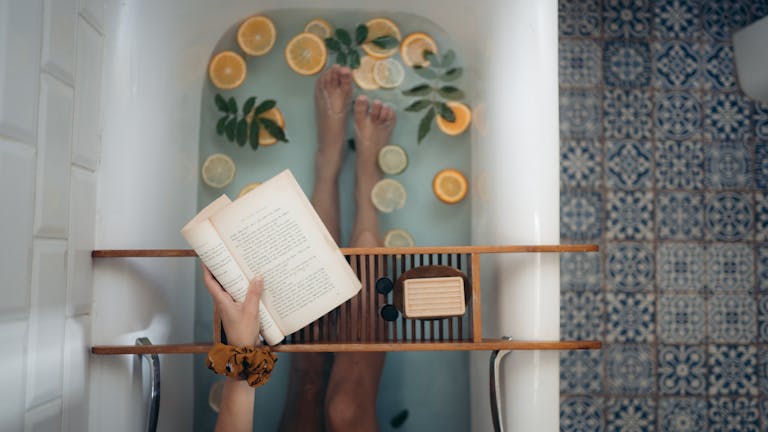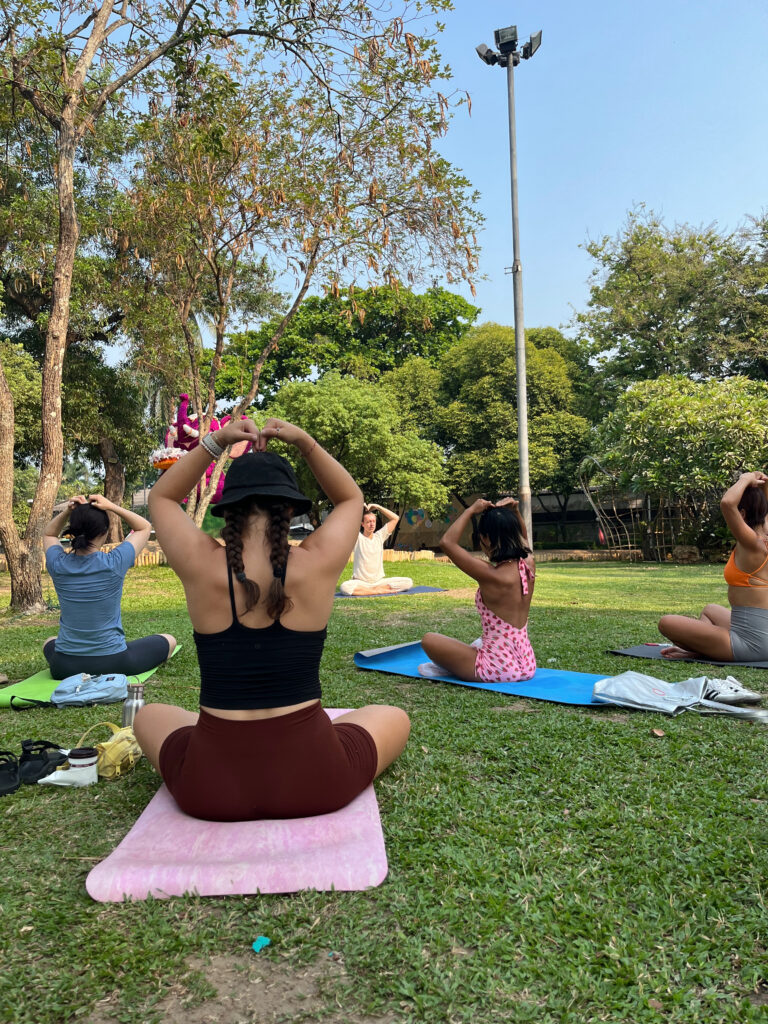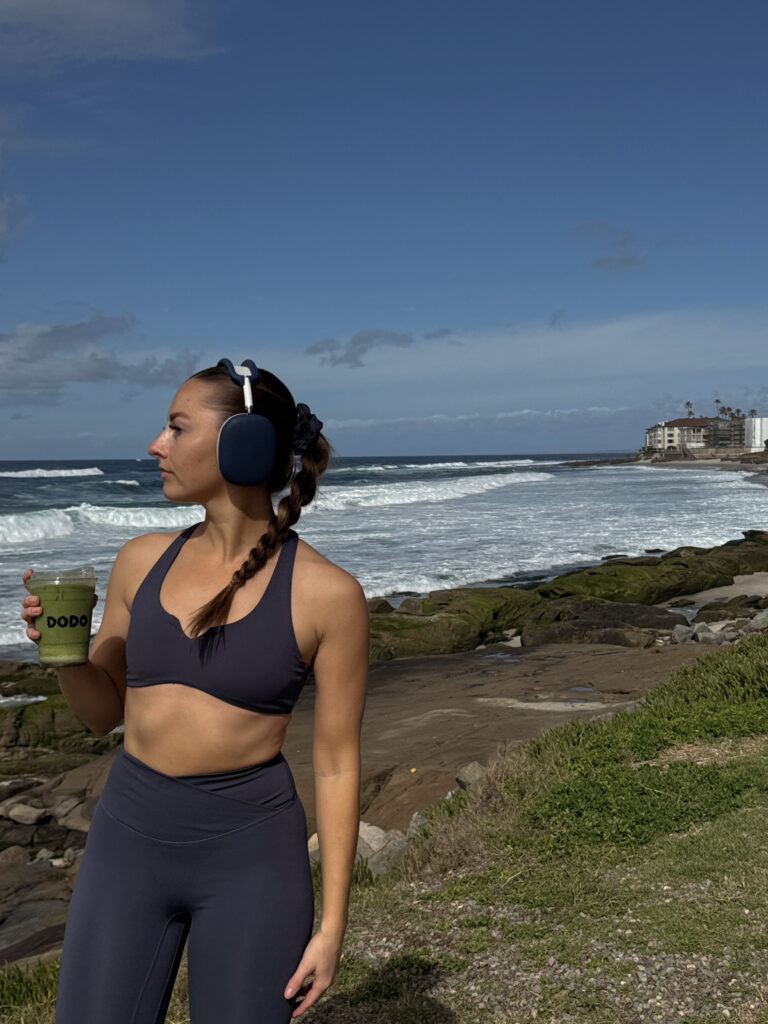Anxiety can feel overwhelming, affecting our daily lives and overall well-being. In a world that constantly demands more from us, prioritizing self-care becomes essential. It’s not just a trend; it’s a vital practice that helps us regain control and find peace amidst chaos.
By incorporating self-care strategies into our routines, we can create a supportive environment that nurtures our mental health. From mindfulness techniques to simple lifestyle changes, these practices empower us to manage anxiety effectively. Let’s explore how we can embrace self-care to cultivate resilience and foster a sense of calm in our lives.
Understanding Self Care For Anxiety
Self-care plays a vital role in managing anxiety. We can regain balance and promote emotional well-being through intentional self-care practices.
What Is Self Care?
Self-care encompasses the activities we undertake to improve our mental, emotional, and physical health. It includes practices like maintaining proper self-care hygiene, engaging in regular exercise, and nurturing hobbies. Creating a self-care box filled with calming items—like scented candles, journals, and stress-relief tools—can enhance our self-care routine, providing immediate comfort during anxious moments.
Importance of Self Care In Managing Anxiety
Self-care significantly impacts our ability to manage anxiety. We find that prioritizing self-care routines fosters resilience and reduces stress levels. Establishing consistent self-care practices can lead to improved mood and an overall sense of well-being. By dedicating time to ourselves—even amidst busy schedules—we cultivate an environment that supports our mental health and enhances our capacity to cope with anxiety-triggering situations.
Effective Self Care Strategies
Implementing effective self-care strategies significantly enhances our ability to manage anxiety. By incorporating simple, practical practices into our routines, we cultivate a supportive environment for our mental health.
Mindfulness and Meditation
Practicing mindfulness helps us stay grounded in the present moment, reducing anxiety levels. Mindfulness techniques include focused breathing, grounding, and even going for a walk. We can set aside just a few minutes daily for meditation or mindfulness exercises, using apps like Headspace or Calm. It might take you a little time to find the right video or audio lessons you really love. It’s a constant journey. The goal is to create a consistent routine, which enhances awareness and promotes relaxation – if its 5 minutes a day or 50!
Physical Activity and Exercise
Integrating physical activity into our daily lives reduces stress and improves mood. Engaging in activities like walking, yoga, or dance can elevate endorphin levels, leading to a sense of well-being. We can aim for at least 150 minutes of moderate exercise weekly, breaking it into manageable chunks if necessary. It’s vital to choose activities we enjoy, as this increases adherence and provides both physical and mental benefits. I started jump roping during Covid lockdown and it made me feel like such a kid again. It was actually pretty fun. This influencer, LaurenJumps really took off with her viral jump roping videos.
Healthy Eating Habits
Maintaining a balanced diet supports overall mental health and has positive effects on anxiety. Focusing on whole foods like fruits, vegetables, whole grains, and lean proteins nourishes our body and mind. Keeping hydrated is also essential; water aids in cognitive function and emotional regulation. Consider creating a self-care box filled with healthy snacks, making nutritious options easily accessible when anxiety strikes. Prioritizing nutrition fosters resilience and improves our ability to cope with life’s challenges.
Creating a Self Care Routine
Creating a self-care routine involves identifying our needs and setting achievable goals. By prioritizing our mental, emotional, and physical well-being, we enhance our capacity to manage anxiety.
Identifying Personal Needs
Identifying personal needs begins with self-reflection. We can assess our emotional state, physical health, and daily stressors. Consider maintaining self care hygiene routines, such as regular showers and skin care, which can provide a sense of control and comfort. We should explore activities that bring us joy and relaxation, whether it’s reading, engaging in creative hobbies, or spending time outdoors. Recognizing these needs helps us tailor our self-care strategies effectively.
Setting Realistic Goals
Setting realistic goals is essential for creating a sustainable self-care routine. We can start by establishing small, specific targets, like dedicating ten minutes a day to mindfulness or exercise. Gradually increasing these goals makes it easier to integrate self-care into our busy schedules. Additionally, assembling a self care box filled with calming items, such as scented candles, herbal teas, or stress balls, can provide immediate comfort and serve as a reminder to prioritize our well-being. By focusing on achievable objectives, we build a routine that supports resilience and promotes calmness in our lives.
When to Seek Professional Help
Recognizing when anxiety becomes overwhelming is crucial for our mental health. Certain signs indicate the need for professional consultation.
Signs It’s Time to Consult a Professional
- Persistent Symptoms: Anxiety that disrupts daily tasks or persists despite self-care efforts demands attention.
- Physical Manifestations: Experiencing chronic physical symptoms like headaches or stomach issues tied to anxiety warrants a professional evaluation.
- Increased Isolation: If we start avoiding social situations or engaging in previously enjoyable activities, it’s time to seek help.
- Interference with Work or Relationships: Noticeable impacts on our job performance or relationships signal an urgent need for support.
- Difficulty Managing Emotions: Struggling to control our emotions or experiencing overwhelming feelings of sadness or anger necessitates intervention.
Combining Self Care With Therapy
Integrating self-care strategies with therapy enhances our coping mechanisms. Professional guidance supports our self-care practices for optimal results.
- Structured Support: Therapists provide structured approaches that complement self-care routines, such as maintaining self-care hygiene.
- Goal Setting: We can set measurable goals with our therapist, addressing anxiety while practicing effective self-care.
- Behavioral Techniques: Therapists may introduce grounding techniques alongside self-care practices, such as deep breathing exercises found in our self-care box.
- Accountability: Regular therapy sessions keep us motivated to maintain our self-care routines and implement new strategies.
By combining self-care with professional guidance, we create a comprehensive approach to managing anxiety effectively.
Conclusion
Embracing self-care for anxiety isn’t just a luxury; it’s a necessity for our mental and emotional well-being. By integrating mindful practices and healthy habits into our daily routines, we can cultivate resilience and create a calming environment. Each small step we take towards prioritizing self-care can significantly impact our ability to manage anxiety.
As we explore and personalize our self-care strategies, let’s remember that it’s okay to seek professional help when needed. Combining self-care with therapy can enhance our coping skills and provide the support necessary for lasting change. Together, we can navigate the challenges of anxiety and foster a more peaceful, balanced life. Prioritizing our well-being is a journey worth taking.





